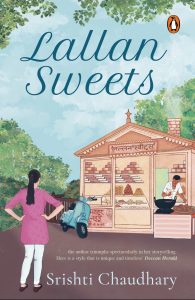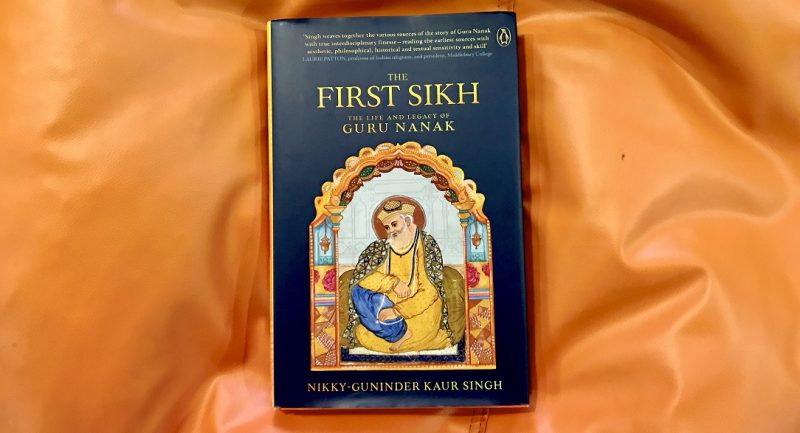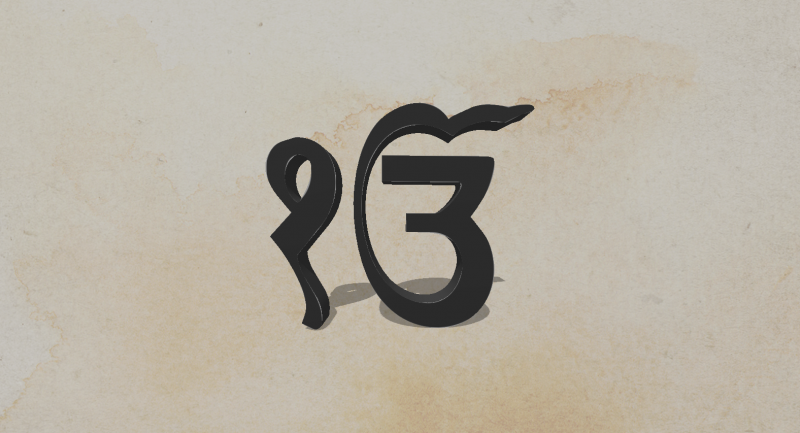
Who/what inspired Tara Taneja?
The first characteristic that I gave Tara was that she’s great at Maths, and that’s very funny, because I’m not, and it’s like projecting my fantasy of being a maths whiz onto my character. I had this image in my mind of this super sharp, entrepreneurial girl, one of those people you can’t pull one over. She’s always on her feet, boys her age are afraid to mess with her, and all of this stems out of the fact that she’s always felt put down by her cousins and her uncle, so she’s always trying to over-prove herself. It’s justa. mixture of some things I wished I was, some things I am, and also a synthesis of different people I have met in my life.
What is it like being a young author in India today?
I am not sure, because I actually don’t meet that many writers my age. To me it is a way of life and I can’t imagine not doing it. It’s really nice as well because I think India is a country hungry for stories, but also full of them, so I feel like a middleman trying to capture these stories and narrating them. The not-so-nice part is that there is a huge expectation on writers to have a huge following, so I feel many writers focus on that, being ‘authorpreneurs’ which is a bit of a ridiculous term- as a writer, one’s job is to write a good story, everything else should be secondary.
Your first book, Once Upon a Curfew, was set during the Emergency, while Lallan Sweets is set in the 90s. Is the element of nostalgia deliberate and where does it come from?
Once upon a Curfew was a bit more serious because it was a severe, dangerous time. There were great challenges, and it needed a lot of research because it’s so far in the past for me. 90s, however, was a much more fun time- there was all this foreign culture coming in after 1991, candies and food that people before never dreamt of. There was more to watch than Doordarshan, this great Bollywood era of Shah Rukh Khan and Yashraj and the feeling that love conquers all- I think it was a very fun and optimistic time, unencumbered by the limitless possibilities that technology offers, rendering an innocence to the time. I grew up in the nineties, and simply sought to capture my childhood by making it a setting for Lallan Sweets.

Lallan Sweets
Srishti Chaudhary
Lallan Sweets also talks about themes of family and traditions. What do those words mean to you – as an individual and as an author?
Family of course is the most enriching part of being human- there are these four or five humans around you who drive you absolutely nuts, but at the same time are crazy about you. Nobody else in the world is more annoying and more loving, and that is the dichotomy of family- they are there for you all the time (even when you don’t want). Traditions are nice and fun, if taken lightly; if you ask me, traditions are meant to be flouted, just like rules are meant to be broken. Traditions stop being important the moment they curtail someone’s freedom. Lallan Sweets shows that a traditional magic ingredient may be passed down for generations- but in the end, it’s what you make of the journey that counts.
What was the process of writing Lallan Sweets like and what kind of research did you do for it?
I had to find out about different cities since the story goes across Mathura, Agra, Bareilly, Delhi, Chandigarh and Ludhiana. The most fun part was creating my own little small town, Siyaka, which was a mixture of several small towns I have seen, but mostly a manifestation of my own childhood memories, which although was in a big city, yet my world was very small, so it had the feeling of a small town. Since it’s set in the 90s I got to revisit the pop culture of the time, which was honestly so fun- going back to Hum Paanch, Filmi Chakkar, Shaktimaan- all these series we used to watch. The games were different, past times had nothing to do with a screen- research was super fun because it was going back to an old me, like a friend I had forgotten about.
What advice do you have for other young authors aspiring to break out in the publishing space today?
Just to focus on writing a good story, make your friends read it, get sound feedback, and pitch like there is no tomorrow. Never ever be afraid of rejection- I go by the philosophy ‘fail faster, succeed sooner’ 🙂









